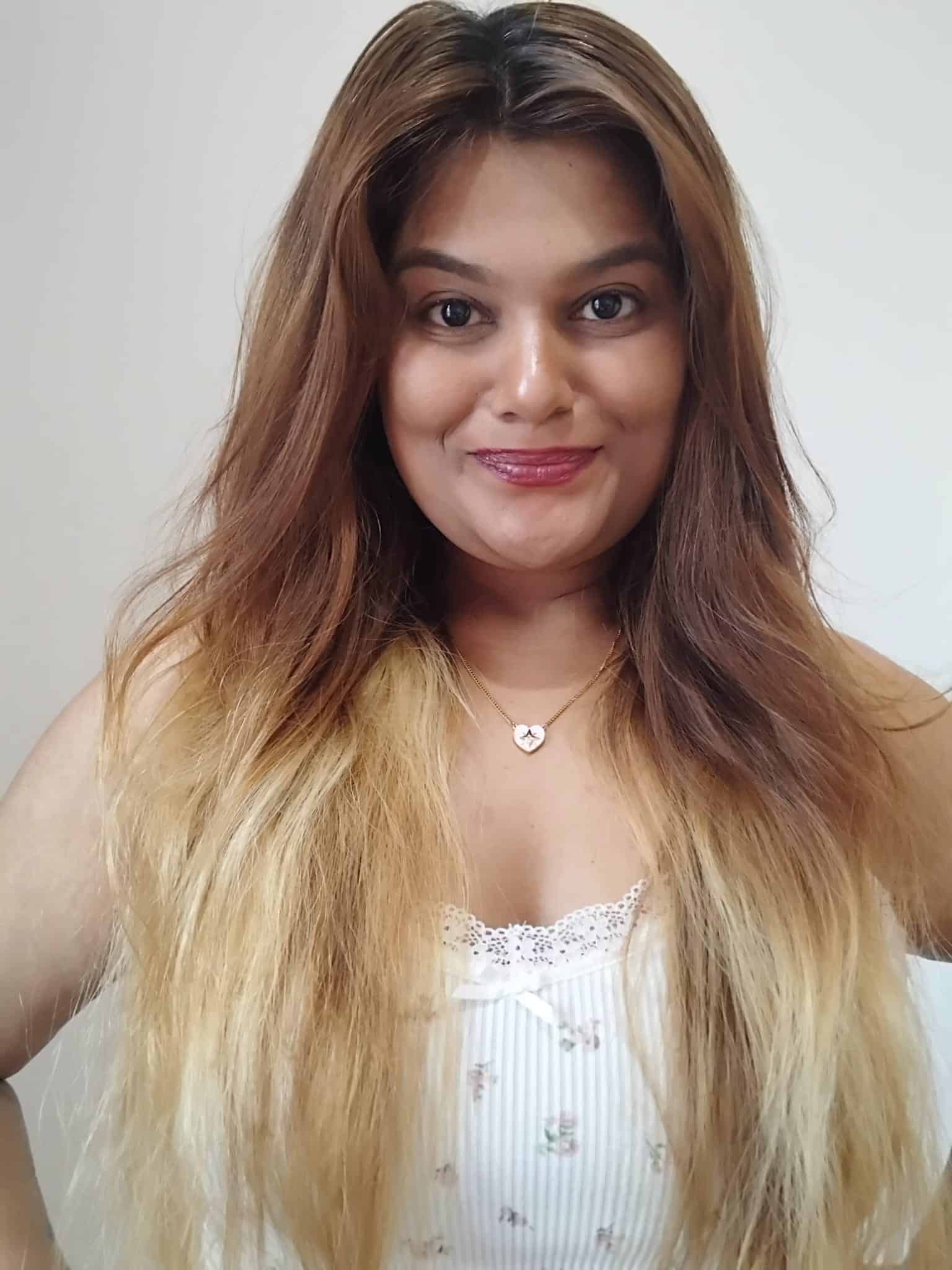Juily Pawar : Breaking Cycles with Purpose and Power
In a world where resilience meets purpose, Juily Pawar stands as a radiant example of leadership in action. As the founder of Poverty Insights, Juily has dedicated her life to empowering women affected by gender-based violence by offering them a pathway to economic independence and personal transformation.
Combining her professional expertise in Human Resources with a deep commitment to social justice, Juily has built a platform that not only uplifts survivors but also educates, trains, and prepares them for sustainable careers. Her work addresses the intersectional roots of poverty and abuse—offering real solutions, grounded in compassion and strategy.
In this exclusive Leading Ladies interview, Juily shares the personal and professional experiences that shaped her mission, the critical role economic empowerment plays in breaking cycles of abuse, and how confidence coaching can reignite a woman’s future. She also opens up about success stories that continue to inspire her, the global vision for Poverty Insights, and how the worlds of pageantry and purpose can converge to spark powerful change.
This is the story of a woman who is not only leading—she’s lifting others as she rises.
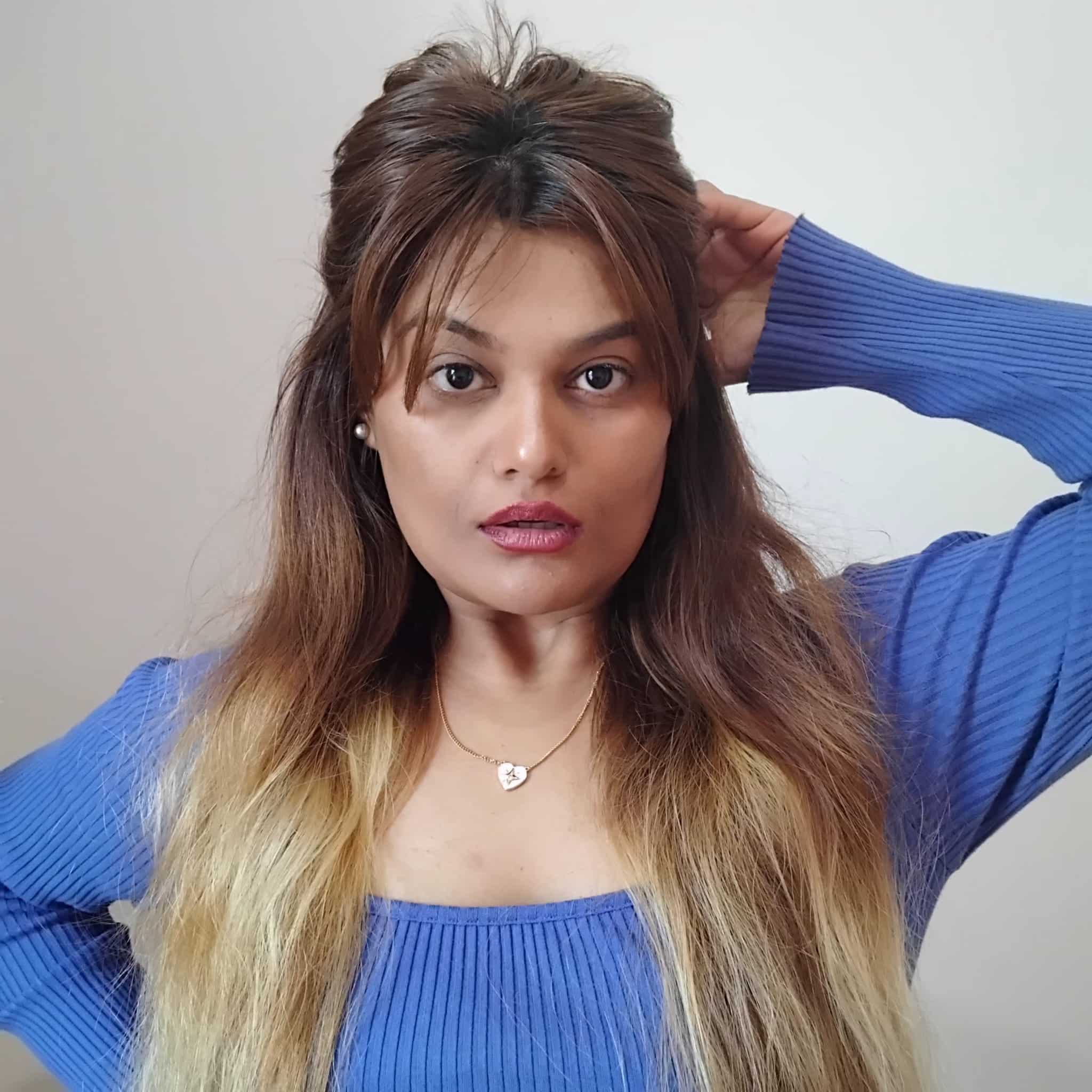
Poverty Insights @poverty_insights
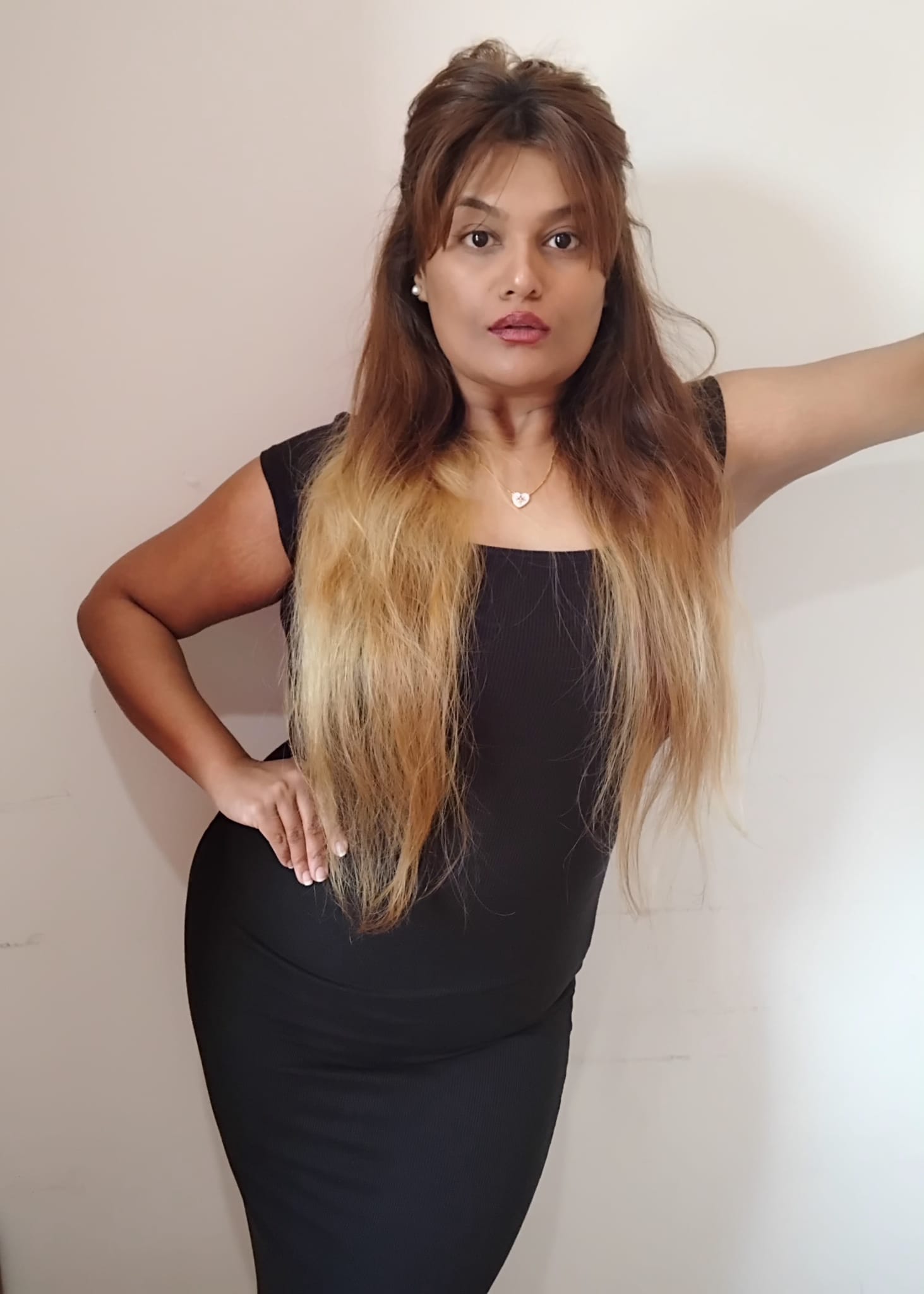
1.- Juily, could you tell us about the personal or professional experiences that inspired you to establish Poverty Insights?
Throughout my life, I’ve been guided by two core values: empathy and action. My resolve to found Poverty Insights grew out of a blend of personal encounters and professional exposure that showed me, in vivid detail, how structural inequality erodes both dignity and opportunity.
Growing up in a modest household, I watched my parents and neighborhood stretch every resource to ensure their child’s basic needs were met. Even as a child, I noticed how easily someone’s potential could be limited simply because of where they were born or the circumstances they inherited. Later, while volunteering at local shelters and tutoring children in disadvantaged orphanages in India, I saw brilliant minds dimmed by lack of access, yet still bursting with hope. Those moments crystallized a conviction in me: poverty isn’t merely about income, it is about the denial of choices, not raising voices against gender based violence and abuse, and dreams.
The place I come from, I have seen a lot of gender based violence, controlling and abusive behaviour towards women. Expecting women to earn more, taking financial responsibility for their family but also at the same time not providing resources for their education and economic growth, which I have seen leading to poverty among womens and young girls.This is why I have created my platform Poverty Insights educate, support and empower communities of womens who is suffering from the same issue in their life.
Through my platform I want to share a message to the world that ¨If you believe your instincts that you can achieve something, make a positive difference into the society, then please come forward and take actions for your future, you are the
leader of your own life.¨ Through my platform our mission is to create more job opportunities for womens by providing complementary CV writing services, interview preparations, career guiding services in order to increase their economic growth so they won’t have to deal with Poverty within their life.
Standing here as a finalist for Universal Women Great Britain 2025, I recognize the unique platform I’ve been granted. Pageantry is not only a celebration of poise and presence; it is a megaphone for purpose. By sharing my journey with Poverty Insights, I aim to spotlight the truth that poverty is solvable when compassion meets informed action. In essence, every story I heard formed the mosaic that became Poverty Insights. It is a testament to the belief that no community should be defined by what it lacks, but by the promise we can unlock together.
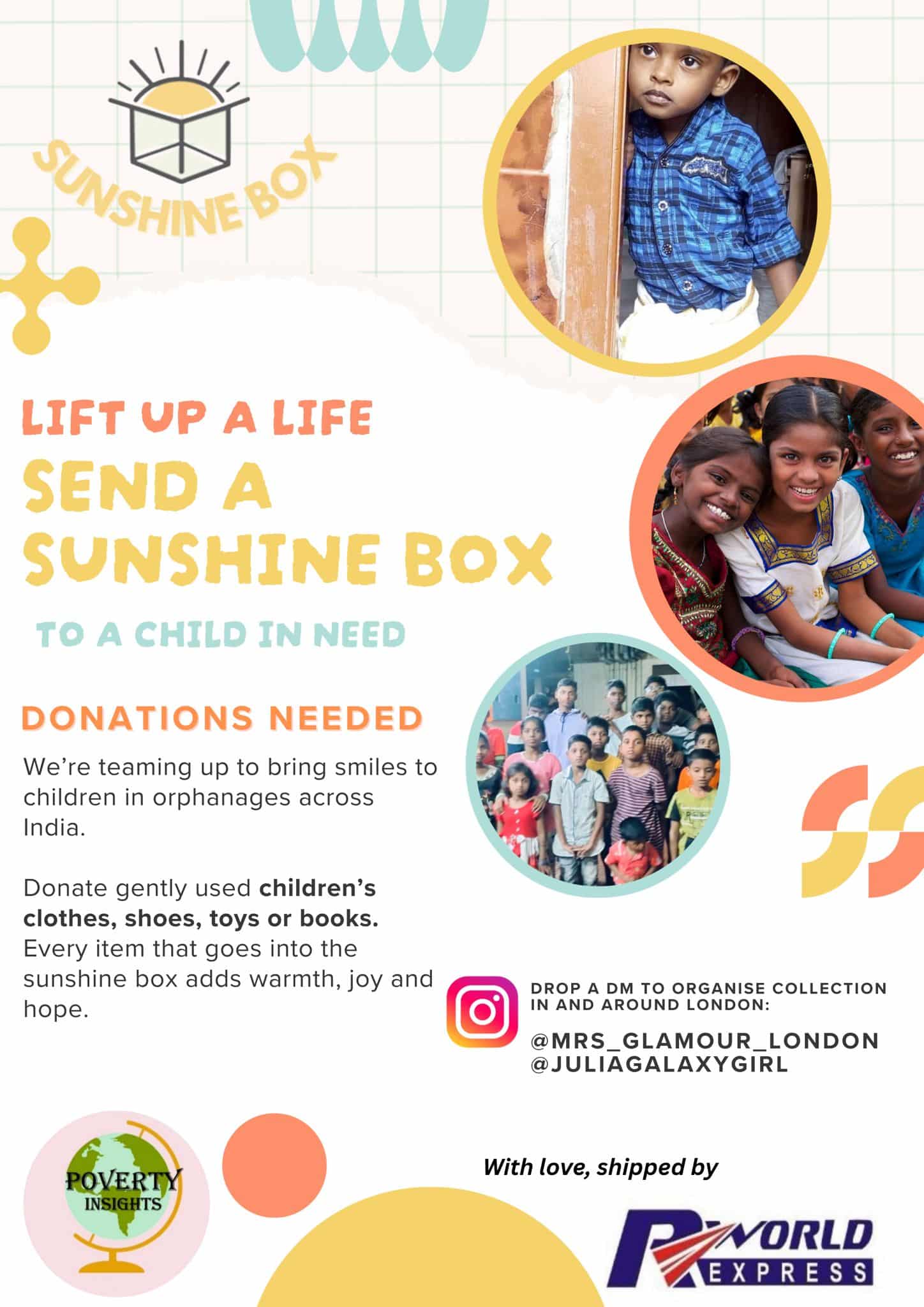
2.- Poverty often stems from complex, intersectional issues. How does your platform address the specific challenges faced by women and girls affected by gender-based violence?
At Poverty Insights, we recognize that poverty is never just about economics, it is inextricably linked to gender, safety, and power. For women and girls, particularly those affected by gender-based violence, controlling behaviour and abuse, the pathway out of poverty is often obstructed by trauma, discrimination, and systemic neglect. Addressing this requires a holistic, intersectional approach, and that is precisely where our platform is committed to making a difference.
Our research doesn’t just ask “how many women are affected,” but “how are they affected and what barriers do they continue to face afterward?” This is why I am running 2 campaigns currently #HerPotentialOurProsperity & #HerPower , where our main focus is to reach out to as many as survivors of gender based violence and abuse in their life, sharing their stories and how they are helping themselves and others to get over this issue. Our #SunShineBox with the collaboration with Sangeetha Menon, we are helping more than 15+ childrens who have been dealing with domestic violence in their life and need support of our donations. Through my platform #PovertyInsights I am focusing on delivering CV writing services, career guiding and interview preparation guidance to womens and young girls who require educational support inorder to get access to a wide range of job opportunities.
Representing Universal Women Great Britain 2025 as a finalist, I believe in using this platform not just to raise awareness but to drive action. My mission is to promote a vision of leadership that is inclusive, data-driven, and rooted in dignity. If crowned, I will work to build partnerships between women’s organizations, research bodies, and policymakers, ensuring that survivors of gender based violence and abuse are not just heard, but equipped and empowered to lead.
In summary, Poverty Insights doesn’t treat Gender based violence and abuse as a side issue—it is a central focus in our mission to break cycles of poverty. Because when we uplift the most marginalized women and girls, we don’t just change individual lives, we transform entire communities.
3.- As an HR professional, how do you integrate your industry expertise into the services offered by Poverty Insights?
As an HR professional, I’ve spent years understanding how people thrive within systems—and just as importantly, how systems can fail people when equity and inclusion are overlooked. This experience has been instrumental in shaping the strategic direction and services of Poverty Insights. In HR, I’ve seen how the right opportunity—paired with the right support—can change a life. At Poverty Insights, we are alright focusing on delivering career guidance services to the womens and young girls so they can get access to the wider platform of job opportunities. In order to improve women’s economic development, we aim to educate women how to craft their CV according to the relevant job title they are looking to apply for and what they should expect in their interviews and so on
we do interview preparations as well. By leveraging my HR background, we ensure our programs are not only empowering but employer-informed and outcome-driven.
As a Universal Women GB Finalist
Pageantry celebrates leadership, but true leadership means lifting others as we rise. With this platform, I aim to bridge compassion and competence—bringing my HR expertise along with my platform #PovertyInsights to the national stage to advocate for fairer,
safer, and more inclusive environments, especially for those affected by gender based violence and abuse that leads to poverty in their life.
In essence, my HR background ensures that Poverty Insights isn’t just about charity—it’s about capability, dignity, and systemic change. We don’t just help people survive; we prepare them to lead, grow, and thrive.

4,. In your view, why is economic independence such a critical factor in breaking the cycle of abuse and poverty for women?
In my view, economic independence is not just a financial milestone, it is a foundational element of freedom, dignity, and long-term resilience for women, especially those facing abuse and poverty.
When a woman has control over her own income and resources, she gains more than just purchasing power, she gains the ability to make choices. This includes the choice to leave unsafe environments, to support her children, to access healthcare and education, and to rebuild her life with autonomy and confidence. Without this financial freedom, many women remain trapped in cycles of dependency, where abuse, gender based violence and poverty reinforce one another.
Through my work at Poverty Insights, I’ve seen firsthand how economic empowerment transforms lives. We have been in contact with womens who, after gaining vocational training and stable income, not only escaped abusive circumstances but went on to become community leaders and advocates for others.
Economic independence also shifts societal dynamics. It challenges gender norms, reduces vulnerability, and fosters intergenerational impact because when a woman rises, her family, her community, and future generations rise with her.
5.- Could you walk us through a success story from Poverty Insights that particularly moved or motivated you?
Absolutely—one story from Poverty Insights that has deeply moved and motivated me is that of Delphina Good Life trust, a courageous woman who started this trust in the memory of her brother, to take care of orphans in need. We are currently supporting Delphina´s trust through our collaboration with Sangeetha Menon on the Sunshine Box initiative. Through our partnership, we were able to provide Delphina´s trust and her peers with essential resources, books to fuel their education, clothing to restore dignity, and funds to ensure continued support. This one story is part of a larger impact—we’re
incredibly proud that our efforts have already reached over 25 children and counting, each with their own unique story of resilience. These moments remind me why we do this work: to be a light in someone’s darkest hour, and to help turn adversity into opportunity for the next generation.
6.- Many women struggle with confidence when returning to the workforce. How does your coaching approach help rebuild their self-esteem?
Confidence is often one of the first casualties of long-term unemployment, caregiving gaps, or surviving abuse, yet it is one of the most critical tools a woman needs when re-entering the workforce. At Poverty Insights, we take a holistic and compassionate
coaching approach to help women not only regain their confidence but to recognize their worth, skills, and potential beyond any labels or setbacks they may have experienced.
Our coaching begins by affirming who they are, not just what they’ve done. Many women feel defined by their gaps in employment or their past hardships. We help them reframe those experiences as strengths—whether it’s resilience, multitasking as a caregiver, or managing a household budget under pressure. These are real, transferable skills.
We focus on practical tools that restore a sense of control such as
-
-
-
CV rebuilding that highlights achievements, not just job titles.
-
-
-
-
-
Mock interviews to practice articulation, body language, and assertiveness in a safe space.
-
-
-
-
-
Professional goal setting that is realistic, empowering, and aligned with their personal values.
-
-
Small wins like delivering a confident elevator pitch or applying for a role they once thought was out of reach help rebuild self-belief step by step. I believe that true empowerment comes from within, and my work is deeply rooted in helping women rediscover the voice and value they’ve always had because confidence is not just a personal trait, it is a social right that every woman deserves access to. In essence, our coaching doesn’t just prepare women for interviews, it prepares them to reclaim their place in the world with pride, purpose, and power.
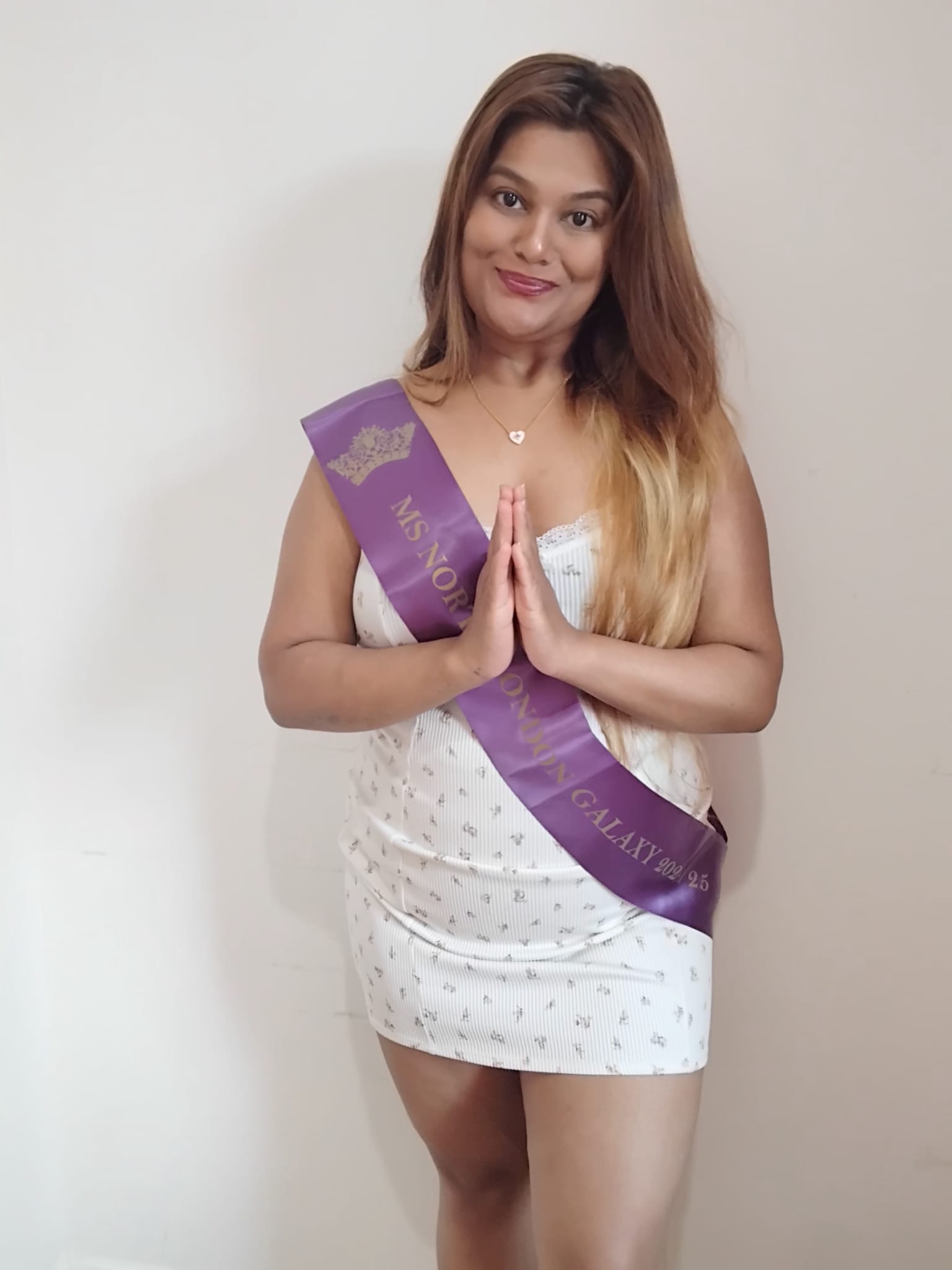
7.- What are some of the most common obstacles women face when trying to gain employment after escaping controlling environments?
Women escaping controlling environments such as abusive relationships, cults, or coercive family dynamics often face numerous, overlapping obstacles when trying to gain employment. These challenges can be practical, emotional, systemic, or psychological.
The most common problems women and young girls face while trying to gain employment such as lack of work history and gap of employment, limited education and skills, low self esteem and confidence, trauma, mental health issues, lack of financial resources, no support system, safety concerns, childcare responsibilities, discrimination and stigma.
8.- How does Poverty Insights ensure cultural sensitivity and global relevance in supporting women from diverse backgrounds?
Poverty Insights supports women from different cultures by working closely with local and orphanages all around the world to provide essentials that fit their unique needs and traditions. We also partner with local groups, use simple language in many languages, and make sure their staff understands different cultures and the effects of trauma, gender based violence and abuse. We also listen to feedback from the women we help, include diverse voices in leadership, and make sure the stories we share are respectful. By doing all this, we make sure our support is fair, respectful, and helpful for women around the world.
9.- How do you measure the long-term impact of your initiatives in both individual lives and broader communities?
As a pageant titleholder, I believe the true measure of long-term impact lies not only in numbers but in the lives we touch and the change we inspire. While I value metrics like attendance, engagement rates, and partnerships, I focus deeply on the stories behind those numbers, stories of individuals who survived from gender based violence, controlling behaviour and abuse in their life and found confidence, pursued education, or took action because of our initiatives. I stay connected with those I’ve served through follow-ups, mentorship, and community collaborations, ensuring that the seeds we plant continue to
grow. In broader communities, I look for sustainable changes, whether it’s our new programs, or a cultural shift in attitudes—that reflect the values of the initiative. Long-term impact is not a moment but a movement, and I measure it by the ripple effect of empowerment, awareness, and positive transformation that continues long after the spotlight fades.
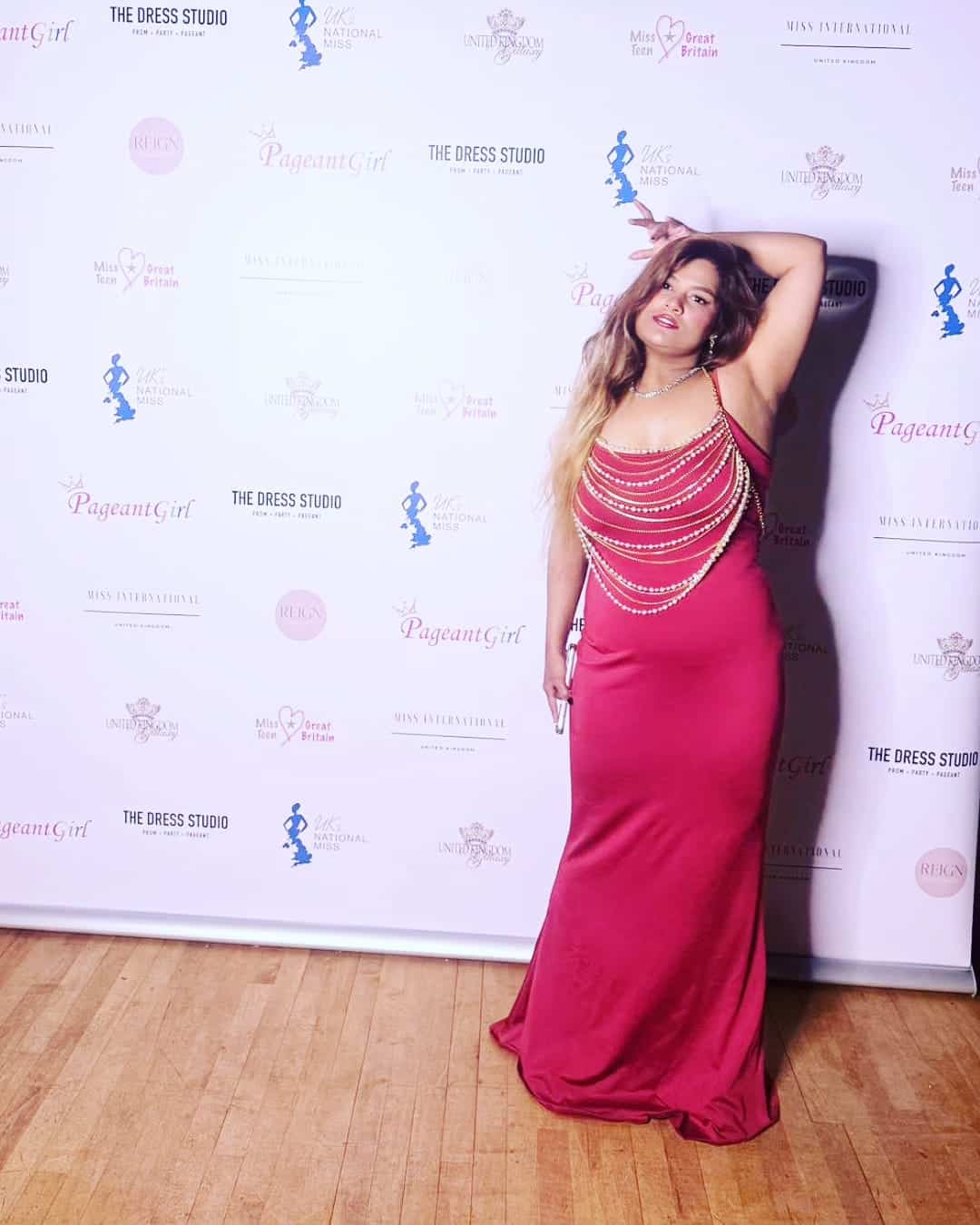
10.- Collaboration is key in advocacy work. Have you partnered with other organisations, governments, or brands to amplify your mission?
Absolutely, collaboration is at the heart of meaningful advocacy, and I am incredibly proud of the partnerships that have amplified my mission. One of the most impactful collaborations has been with Sangeetha Menon on the Sunshine Box initiative, a heartfelt project that supports charities around the world dedicated to helping individuals affected by gender-based violence and abuse. Through this collaboration, and our variety of donations, we’ve been able to help and support 25+ childrens who have suffered from domestic violence and abuse in their life and aim to continue providing our support to them that not only provide essential items but also send a powerful message of hope, healing, and solidarity to survivors. By working together and aligning our shared passion for empowerment and justice, we’ve extended our reach to multiple communities globally, ensuring that kindness and compassion are delivered where they are needed most. This partnership exemplifies how uniting forces can transform empathy into action and make a real, lasting difference in the lives of the brave individuals we serve.
11.- What role do you believe education plays in preventing future generations of women from falling into poverty due to systemic violence?
Education plays a transformative role in breaking the cycle of poverty and systemic violence for future generations of women, serving not only as a tool for empowerment but as a shield against vulnerability. When girls are educated, they gain the knowledge, confidence, and critical thinking skills needed to recognize and challenge injustice, advocate for their rights, and make informed decisions about their lives. Education opens doors to economic opportunities, leadership roles, and independence, foundations that reduce the likelihood of falling into poverty or remaining trapped in abusive environments. It also fosters awareness about gender equality, consent, and legal protections, which are essential to dismantling the cultural norms that perpetuate violence. As a passionate advocate, I believe that when we invest in educating girls and women, we are planting seeds of resilience, equality, and systemic change that will ripple through communities and uplift generations to come
12.- In what ways has your journey in pageantry supported or amplified the visibility and impact of Poverty Insights?
My journey in pageantry has been a powerful platform to amplify the visibility and impact of Poverty Insights, transforming advocacy into action and awareness into meaningful engagement. As a titleholder, I’ve had the privilege to speak on stages, in media interviews, where I’ve highlighted the urgent realities of poverty and the systemic barriers that perpetuate it. Through my platform, I’ve been able to humanize statistics by sharing
real stories, challenging misconceptions, and spotlight the work Poverty Insights does to address root causes rather than symptoms. Pageantry has also opened doors to partnerships, fundraising opportunities, and educational campaigns that have expanded our reach and deepened our impact. It has allowed me to represent the unheard and connect with a wider audience that includes decision-makers, youth, and change agents—ensuring that the fight against poverty is not just seen, but truly felt and supported.

13.- How can businesses and professionals in the corporate world contribute meaningfully to your cause?
Businesses and professionals in the corporate world have a unique and powerful role to play in contributing meaningfully to my cause, particularly when it comes to addressing poverty and supporting survivors of gender-based violence. By leveraging their resources, influence, and platforms, they can help drive both awareness and tangible change. This can include corporate social responsibility initiatives that fund critical programs, partnerships that provide employment or mentorship opportunities for survivors, and
internal policies that prioritize workplace safety, inclusion, and gender equity. Beyond financial contributions, professionals can offer their skills—whether in marketing, legal
support, strategy, or technology—to strengthen grassroots efforts and scale impact. When businesses commit to ethical practices and community engagement, they don’t just uplift individuals—they shift systems. By standing with us, the corporate world becomes a force for empowerment, breaking cycles of disadvantage and creating a culture where dignity, equality, and opportunity are not privileges, but rights accessible to all.
14.- What’s your vision for the future of Poverty Insights? Are there plans to scale up, expand services, or launch new initiatives?
My vision for the future of Poverty Insights is rooted in growth, inclusivity, and systemic change. I see it evolving into a global force that not only raises awareness but actively dismantles the root causes of poverty through education, empowerment, and advocacy. We plan to scale up by expanding our reach into more underserved communities, forging deeper partnerships with local and international organizations, and launching innovative initiatives that address emerging needs—especially for women and youth affected by gender based violence, abuse and inequality. This includes developing educational programs, digital tools for resource accessibility, and trauma-informed support services that are both sustainable and community-led. At its core, Poverty Insights will continue to be a platform for voices often unheard, and as we grow, our mission remains clear: to create a world where dignity, opportunity, and justice are not limited by circumstance but available to all, everywhere.
15.- What message would you like to share with women who are currently facing adversity and looking for hope?
To every woman facing adversity right now, I want you to know that your story is not over, and your strength is not defined by your struggles but by the courage you show every day simply by surviving. You are not alone, and even in your darkest moments, there is hope, there is help, and there is a future waiting for you that is filled with healing, purpose, and joy. Pain does not diminish your worth, it reveals your resilience. You deserve to be seen, heard, and loved for who you are beyond what you’ve been through. Keep reaching out, keep believing in your power to rise, and know that there are people and communities, like the one we are building through Poverty Insights and initiatives like the Sunshine Box, who are walking beside you, committed to lighting your path forward. Your tomorrow can be brighter, and you are worthy of every beautiful moment it holds.
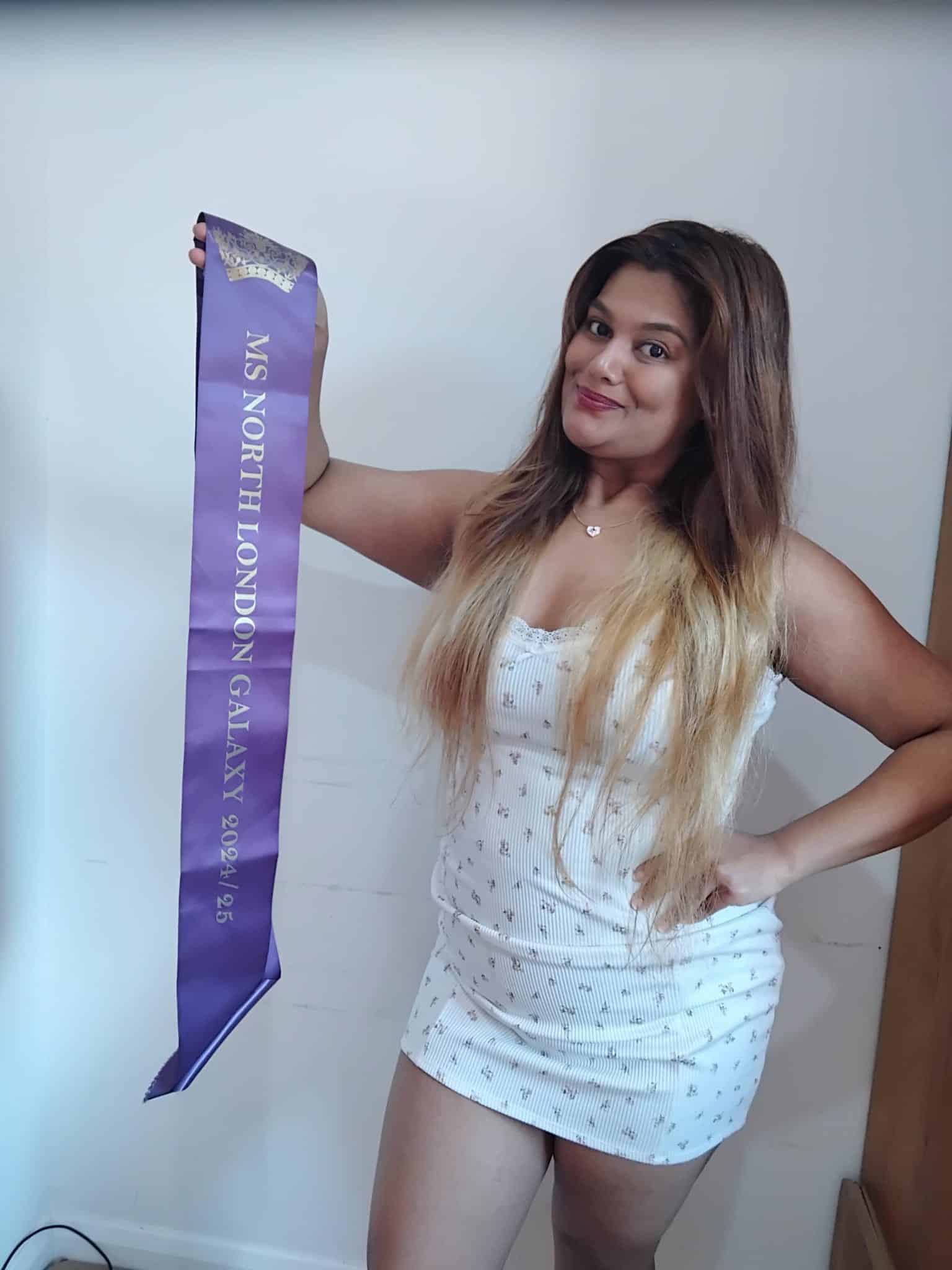
Interview with Juily Pawar by Jaime William Mostacero Baca
Jaime William & Leading Ladies – Juily Pawar
